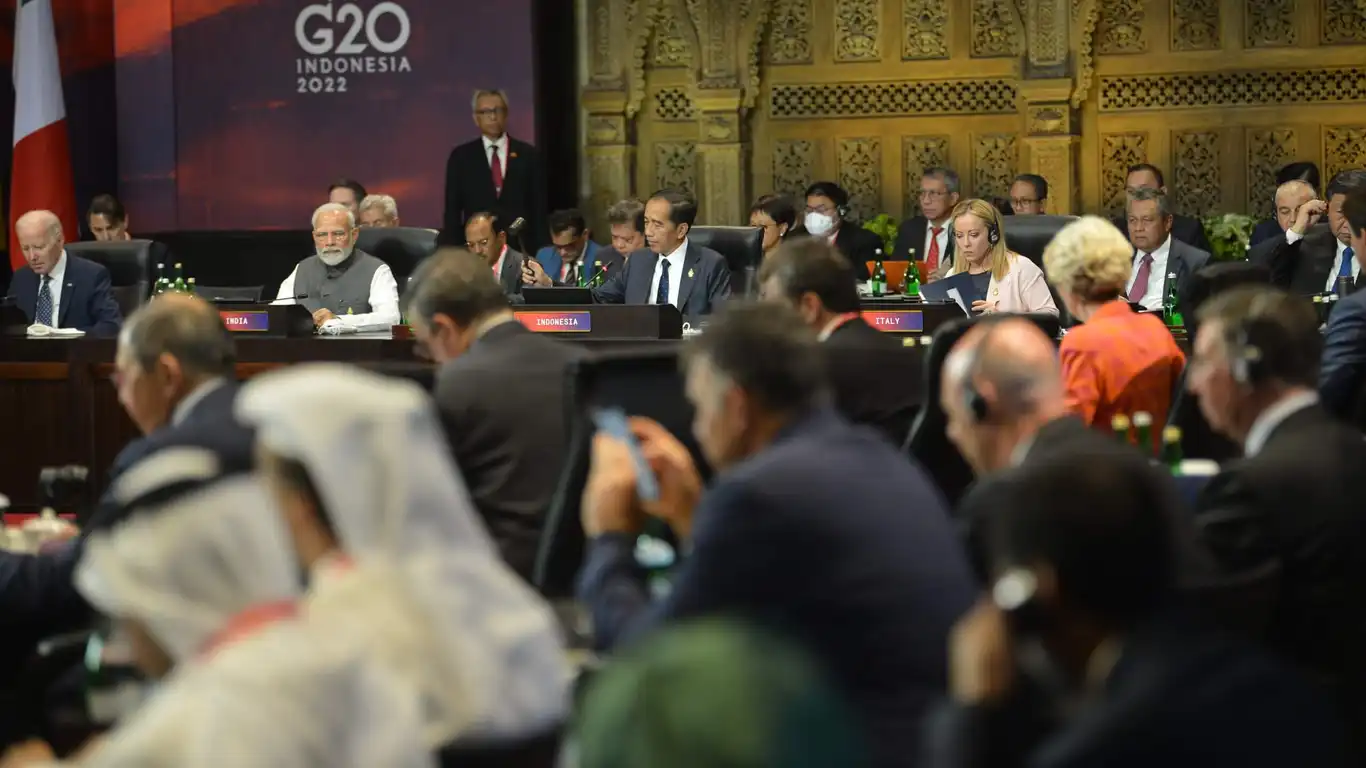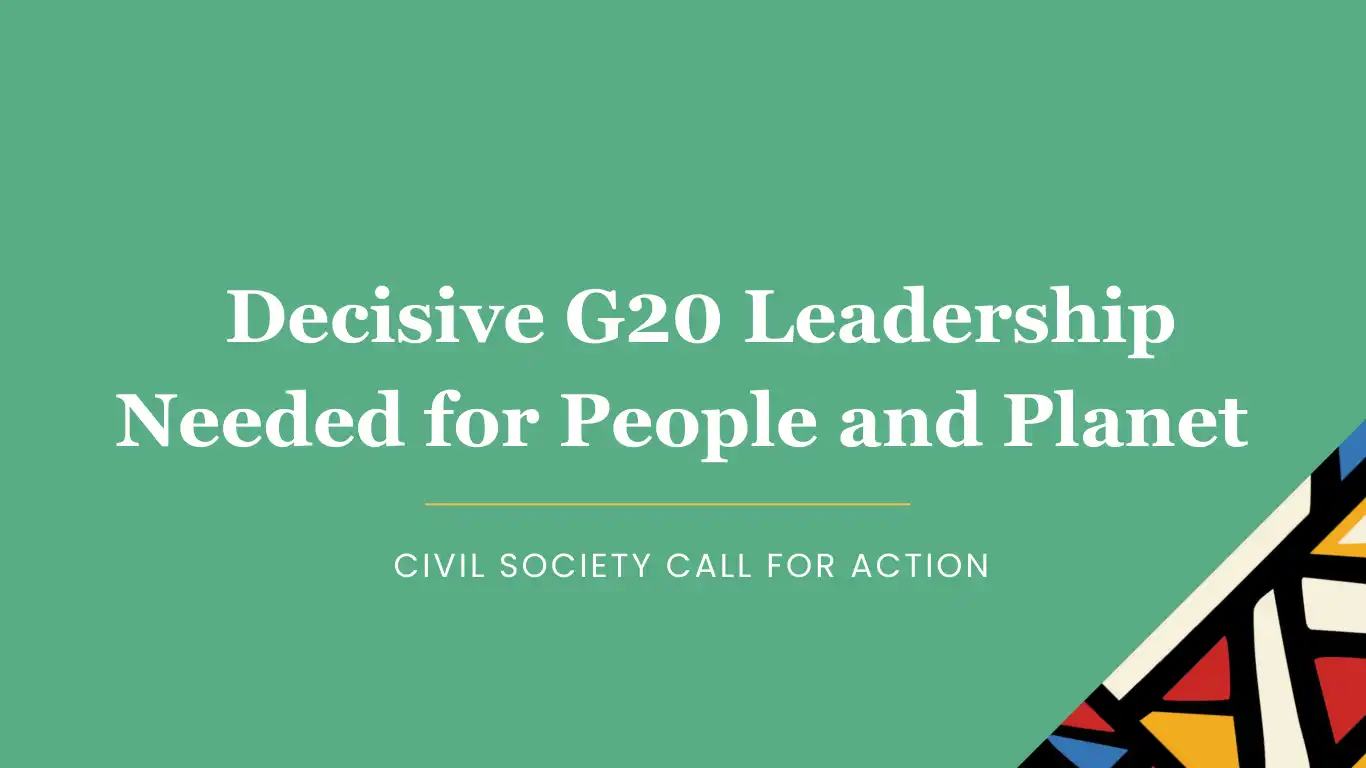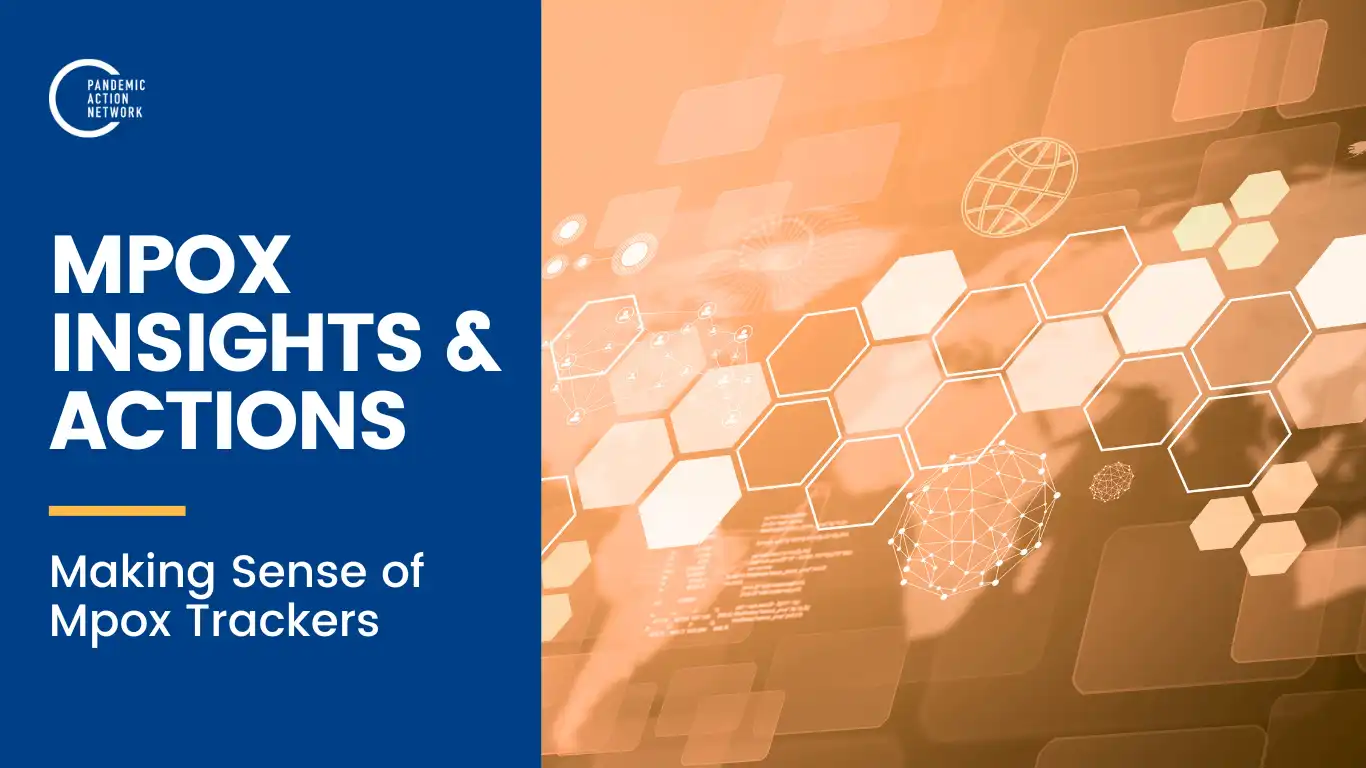With the backdrop of Ukraine and missiles killing two people in Poland, it was surprising that G20 Leaders agreed to anything at all at this year’s Leaders’ Summit in Bali. So while the very existence of a Leaders’ Declaration (short of a full communiqué) was hailed as a positive, the document was heavier on narrative than substance. The role and risk of pandemics in this moment of converging crises were underplayed with only the creation of the new (and severely underfunded) Pandemic Fund giving some light to an otherwise pedestrian roll call of pandemic prevention, preparedness, and response (PPR) issues.
So what did G20 leaders actually do?
Although the G20 Bali declaration name checks some of the consequences of the COVID-19 pandemic right at the beginning — economic downturn, increased poverty, slowed global recovery, and hindering the achievement of the Sustainable Development Goals — the issue then drops off until much later in the declaration. There are only a few health-specific paragraphs describing the ongoing COVID-19 response, which has been characterized by an astonishing lack of urgency and leadership throughout the pandemic. There is a reason we are looking ahead to the fourth year of the COVID pandemic.
While the Indonesian Presidency certainly deserves recognition for their leadership in getting the Pandemic Fund over the line and officially launched, the US$1.4 billion in its coffers is a far cry from the US$10.5 billion needed (per year!) to plug even basic PPR gaps (see the latest in our Pandemic Fund Tracker). Right now, we are only as strong as our weakest link. It is in our collective interest to ensure all countries and governments contribute, all take part in decision-making, and all benefit — a new model for a new era.
The declaration was too vague on Special Drawing Rights (SDRs) and reform of the multilateral development banks — especially at a time when Mia Mottley’s Bridgetown Agenda has gained traction and provides a clear roadmap for some practical steps that need the G20 behind them. It was good that SDRs got a mention, but the major economies should be signing over most, if not all, of their SDRs to LMICs, and at least the 30% put down by President Macron. Overall, the declaration was a missed opportunity to put wind in the sails of that agenda.
Bigger news on that front came in the post-Summit press conferences. French President Emmanuel Macron announced the convening of a conference in Paris in June 2023 where representatives will develop “a new financial pact with the South” — by advancing key issues, including SDRs, aspects of the Bridgetown Agenda, and climate finance. The commitment is a sign that at least one G7 leader has understood the vast scale-up of finance required for the resilience agenda to fight climate change and pandemics. (Note: Pandemic Action Network partners have been calling for this.) The Summit announcement was on the heels of a €50 million pledge to the Pandemic Fund — a good showing for France.
Elsewhere the war and relations with China dominated. While the darkness of the ongoing conflict continues to unsettle us all, Biden’s 3-and-a-half-hour sit-down with Xi Jinping signals at least a line of communication that could help international coordination on climate and health issues — and of course, Ukraine.
What’s ahead?
We now look ahead to the Indian Presidency of the G20 to build on the foundations laid by the Indonesian and Italian Presidencies and use the (welcome) extended mandate of the Finance and Health Task Force to give political leaders clear goals to achieve in 2023. These goals should include leaders working toward the US$10.5 billion the Pandemic Fund needs annually, strengthening health systems across the world, minimizing the chances of disease outbreaks while increasing the chances of swift containment when they do break out — and, of course, ensuring a truly equitable response to future pandemics while avoiding the mistakes of previous approaches.
Our leaders must learn to connect the converging crises and act accordingly — not only tackling the symptoms but the root causes of climate change, pandemics, and conflict before these spiral out of control.
We look to India leading the G20, and Japan the G7, to work together with the African Union and other regional blocs to make sure as many countries as possible take steps together on these key agendas. We also need our leaders of 2023 to learn lessons from the ongoing COVID-19 pandemic and not repeat the deep divides of the COVID era that persist today. India is well placed to do that. It’s time for a different approach. With the still active Public Health Emergency of International Concern on monkeypox, Ebola in Uganda, polio showing up in wastewater around the world, and cholera outbreaks on the rise, the era of pandemic threats has never been more upon us or more vital to tackle. There’s no time to lose.



